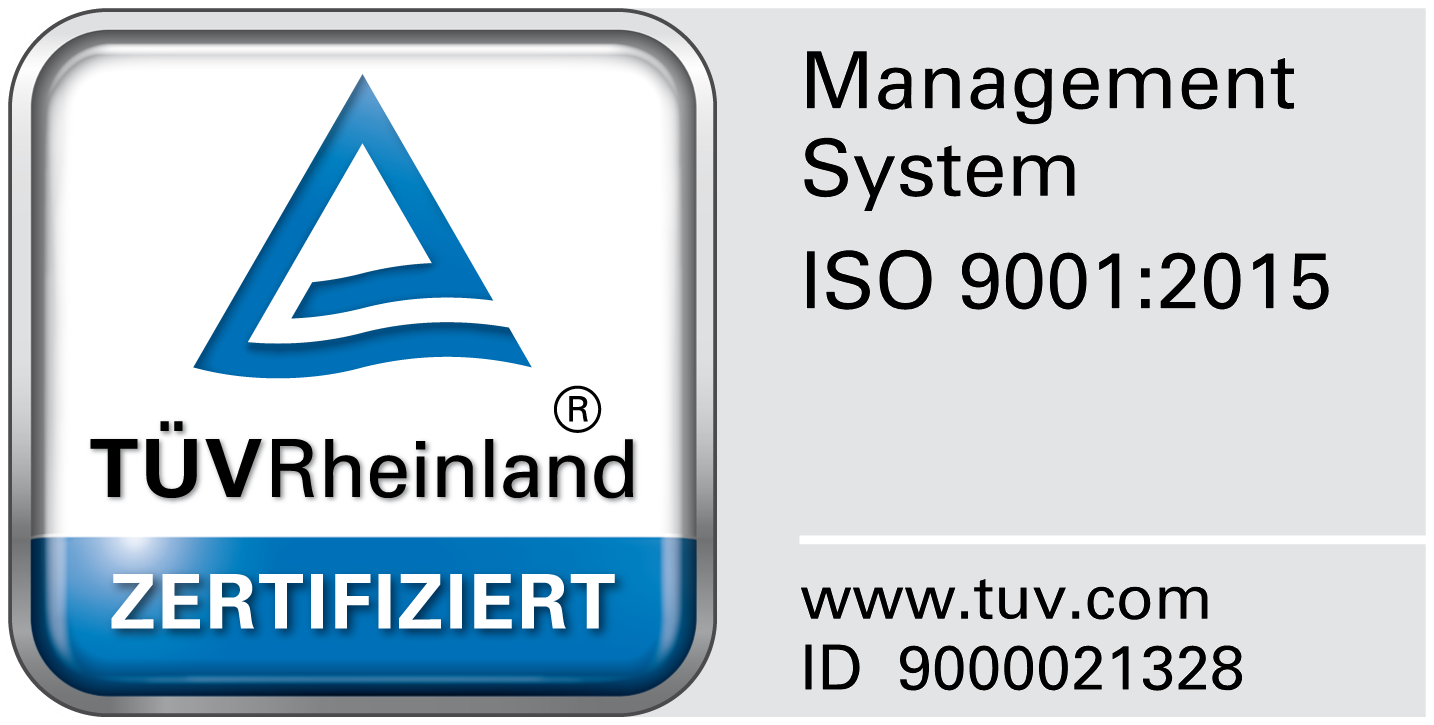Monocyte (MO)-derived macrophages (MACs) and self-renewable tissue-resident macrophages (tr-MACs) play an important role in regulating and maintaining MAC pool during inflammation in murine skin (1). However, our current understanding of MACs origin and their differentiation in peripheral tissues is limited to murine studies and the existence of such activities in human skin remains elusive. To fill this knowledge gap, researchers from Monasterium Laboratory and collaborative institutions applied state of art and clinically relevant full-thickness human skin organ culture methods and provided the first insights of the de novo differentiation of mature MACs from resident progenitor cells within human skin tissue during experimental-induced neurogenic inflammation. The study was recently published in PlosOne (2).
In this pilot study, researchers showed a significant increase in CD68+ expressing MAC cells in the papillary epidermis after stimulation of neurogenic inflammation by administrating stress-associated sensory neuropeptide, substance-P (SP) ex vivo, suggesting the highly responsive nature of intradermal MACs upon SP stimulation. After an in-depth investigation, it was established that extremely low number of circulating CD14+ monocytes trapped in intracutaneous blood vessels is unlikely to be the origin of the newly generated CD68+ MACs in human skin after SP stimulation. Additionally, there was neither a significant difference in the expression of proliferative markers, nor an increase in CD68+ MAC apoptosis upon SP-stimulation. This strongly suggests the presence of MAC resident progenitors in human skin.
Next, a quantitative analysis of CD34 (a stem cell marker)/CD68 double immunochemistry revealed a significant upregulation of cell-cell contact between CD34+ cells and CD68+ MACs after SP stimulation. This suggested that CD34+ cells might be the cell source from which skin-resident CD68+ MACs derive, and that these cells uptake the CD68 and lose the CD34 during differentiation. This hypothesis was further encouraged by the fact that SP stimulated the proliferation of human dermal CD34+ MAC progenitors within their natural tissue niche. In order to understand whether the MAC de novo generation results from a direct effect of SP on the putative CD34+ MAC progenitors, researchers administered the selective SP receptor (NK1R) antagonist (aprepitant). The inhibition of SP receptor indeed prevented the up regulation of CD68+ cells, CD34+ cell proliferation and their co-localization.
In summary, these results provide the first insights that de novo generation of human dermal CD68+ MACs from an expanding pool of resident CD34+ mesenchymal stem cells is possible also in human skin.
These results also question whether the increase in MAC number during certain dermatoses may derive from these CD34+ MAC progenitors and not only from extravasating monocytes. Therefore, it would be intriguing to examine the MAC pool in skin diseases and develop therapeutics targeting pathological intradermal MAC differentiation processes. This research also highlights the application of human skin organ culture models to enhance our understanding of skin inflammation ex vivo, which is currently available in company.
References:
1. Hashimoto D, Chow A, Noizat C, Teo P, Beasley MB, Leboeuf M, et al. Tissue-resident macrophages self-maintain locally throughout adult life with minimal contribution from circulating monocytes. Immunity. 2013 Apr 18;38(4):792–804.
2. Gherardini J, Uchida Y, Hardman JA, Chéret J, Mace K, Bertolini M, Paus R. Tissue-resident macrophages can be generated de novo in adult human skin from resident progenitor cells during substance P-mediated neurogenic inflammation ex vivo. PLoS One. 2020 Jan 23;15(1):e0227817


